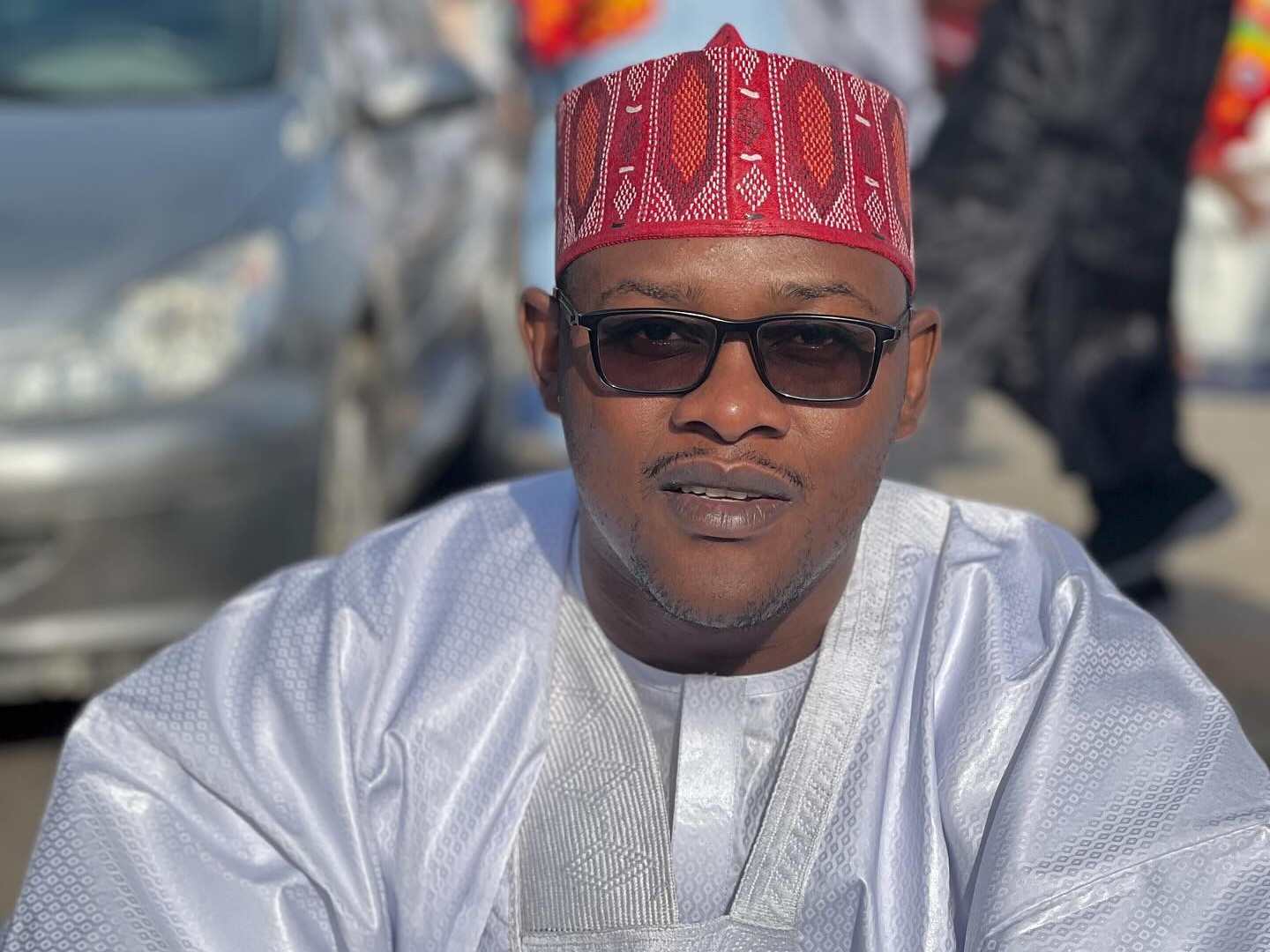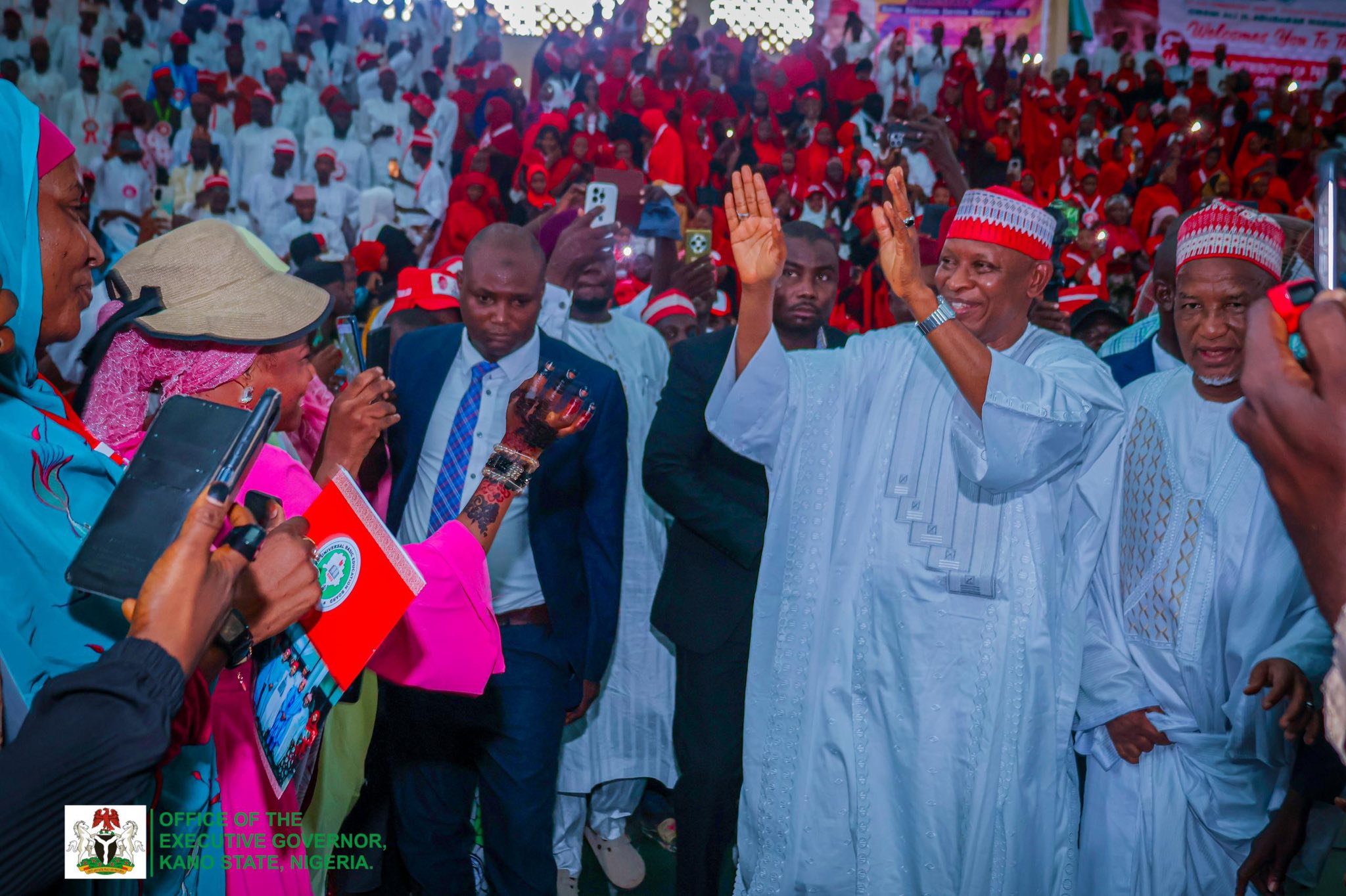Kano Sabuwa: Governor Abba Kabir Yusuf’s Moral Renaissance Through Shuraa Council

By Hassan Sani Tukur
In the life of every society, there comes a moment when the pursuit of progress must transcend the physical and confront the intangible—when roads and bridges, though vital, are no longer sufficient to carry the weight of a people’s aspirations. That moment has arrived in Kano. Under the discerning leadership of His Excellency, Governor Abba K Yusuf, the state is not only undergoing a remarkable infrastructural and institutional revival, but is also embarking on a more profound journey: the reclamation of its moral compass. This is not merely governance—it is stewardship of values, a deliberate effort to restore the ethical architecture upon which Kano’s greatness was once built.
The recent inauguration of the Kano Shura Council marks a pivotal stride in this direction. Conceived as the highest advisory body in the state, the council is a mosaic of wisdom—comprising respected ulamas from all sects, custodians of the traditional institution, voices from the business community, civil society advocates, and select representatives of government. Chaired by the venerable Wazirin Kano, Sheikh Saad Shehu, the council is designed to serve as a moral and intellectual anchor for the state, offering strategic counsel on the complex social challenges that threaten the cohesion and dignity of Kano’s communities.
Governor Abba Kabir Yusuf’s establishment of the Shura Council reflects a deliberate recalibration of governance—anchored not in optics or impulse, but in a profound understanding of societal healing through moral leadership. It is a product of thoughtful deliberation and a recognition that the erosion of societal values—manifested in rampant thuggery, phone snatching, drug abuse, and the growing disregard for both constituted and traditional authority—requires more than law enforcement. It demands a cultural recalibration. His Excellency ensured that the council’s composition reflects the full spectrum of Kano’s moral and spiritual leadership, positioning it as a body of elders whose collective insight will guide the state through its most pressing ethical dilemmas.
This initiative is deeply rooted in the governor’s broader vision for Kano Sabuwa—a renewed Kano where respect for elders is not nostalgic but normative, where youth are not idle but industrious, and where leadership is not performative but principled. His Excellency’s speech at the council’s inauguration was a masterclass in moral clarity. He emphasized that the council is apolitical and must remain so, urging its members to rise above partisan interests and serve the entirety of Kano with impartiality and integrity. He acknowledged that, in today’s social hierarchy, only the ulama retain unblemished respect among the people, and thus must lead the charge in restoring societal discipline and ethical consciousness.
The roots of Kano’s moral decline are not abstract. They are traceable to specific policy failures and cultural missteps. The abandonment of 26 entrepreneurial institutions under the previous administration created a vacuum that incubated unemployment, despair, and deviance. These institutions, had they been sustained, were projected to empower over half a million young people within eight years—an economic and social transformation that was tragically forfeited. Governor Abba Kabir Yusuf has since initiated the reopening and revitalization of these centers, reaffirming his commitment to human capital development and social rehabilitation. The recent establishment of the Female Reformatory Institute in Gaya further exemplifies his inclusive approach to moral renewal, addressing the unique vulnerabilities of young women in a society grappling with ethical erosion.
Equally troubling were the actions and utterances of the previous administration that actively undermined the moral fabric of Kano. The derogatory remark “Dattijan Wukari” by former Governor Ganduje—a dismissive reference to Kano’s elders—was not just disrespectful; it was corrosive. It signaled a dangerous shift in public discourse, where age and wisdom were mocked rather than revered. The infamous declaration by the then APC chairman, “In anzo zabe, Kada Allah ya kiyaye,” openly incited electoral violence and further normalized thuggery as a political tool. These statements, amplified by patronage networks and political impunity, emboldened street-level disorder and eroded the sanctity of traditional authority.
Governor Abba Kabir Yusuf’s response has been both strategic and philosophical. By elevating the role of elders through the Shura Council, he is reestablishing a governance model where wisdom is not sidelined but centered. He has tasked the council with advising his administration on policy direction and identifying areas where correction is needed. This is not a delegation of responsibility—it is a demonstration of intellectual humility and a recognition that leadership must be collaborative, especially in moments of moral crisis.
Kano Sabuwa is not a slogan—it is a paradigm. It envisions a society where dignity is restored, where elders chart the course of policy, and where youth are guided by values rather than vice. It is a vision of a Kano free from thuggery and phone snatching, where respect for constituted authority is not enforced but embraced. Under Governor Abba Kabir Yusuf, this vision is not aspirational—it is actionable. And in the quiet strength of the Shura Council, the moral renaissance of Kano has found its voice.
Hassan Sani Tukur
SSA New Media





G’day mates! 11betapp sounds convenient. Hoping for smooth mobile experience. See ya on the app, possibly as wealthy individuals! Check it out!11betapp
Yo folks, 88vin.stone just might be your lucky ticket. Heard some folks hitting big there. Gotta be in it to win it, right? Give 88vin.stone a try. You never know!